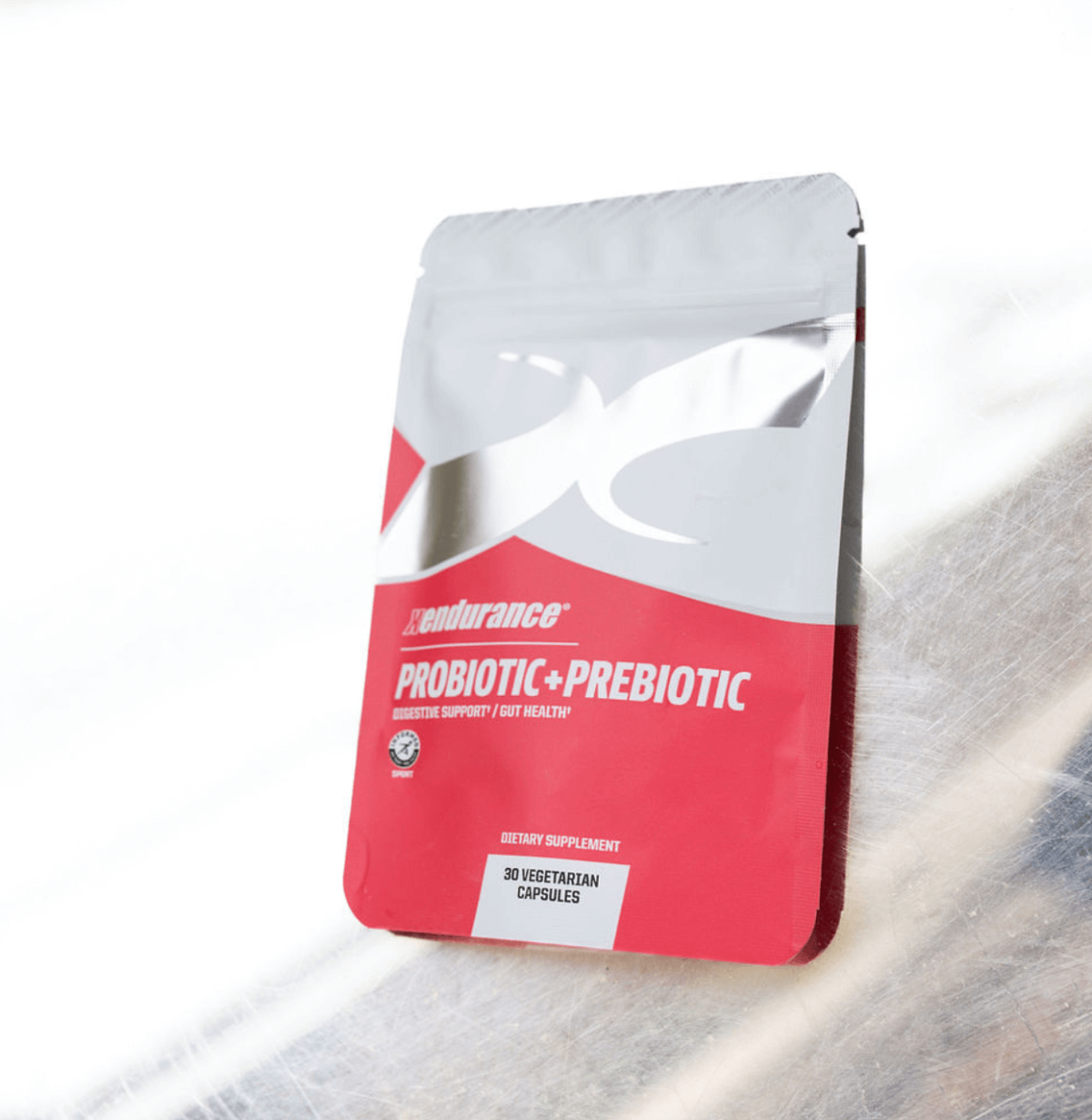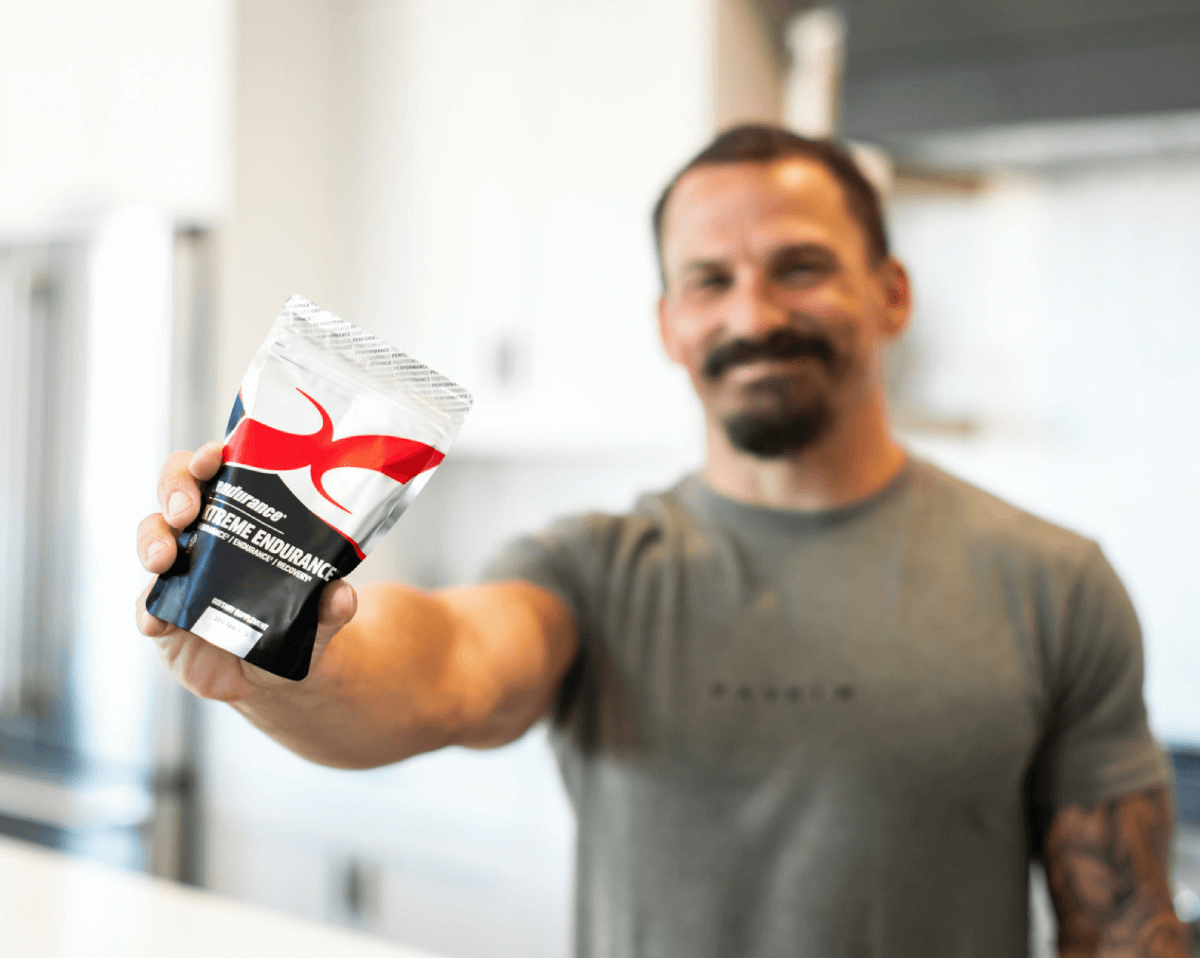Probiotics have gained significant attention in the world of sports and fitness. These beneficial bacteria are known to support overall health, but they offer unique advantages for athletes. This article explores the benefits of probiotics for athletes, focusing on how they can enhance performance and recovery. We'll cover the basics of what probiotics are, their health benefits, the types of probiotic supplements available, and how athletes can incorporate natural probiotics into their diet.
What Are Probiotics?
Probiotics are live microorganisms that provide health benefits when consumed in adequate amounts. These beneficial bacteria primarily reside in the gut, where they play a crucial role in maintaining a healthy digestive system. Probiotics help balance the gut microbiome, which is essential for overall health and well-being.
Historically, the use of probiotics dates back to ancient times when people consumed fermented foods for their health benefits. For more on the history of probiotics, you can read this Probiotics History.
Some general benefits of probiotics include:
- Improved digestion
- Enhanced immune function
- Better nutrient absorption
- Reduced inflammation
Probiotics work by populating the gut with beneficial bacteria, which can outcompete harmful bacteria and support a healthy balance. This balance is vital for maintaining good health and optimizing bodily functions, making probiotics particularly relevant for athletes.
Health Benefits of Probiotics for Athletes
For athletes, maintaining peak performance and fast recovery is crucial. Probiotics offer several health benefits that can help athletes achieve these goals:
- Improved Digestion: Probiotics help balance the gut flora, which can enhance digestion and nutrient absorption. This ensures that athletes get the most out of their diet and supplements.
- Enhanced Immune Function: A healthy gut is closely linked to a strong immune system. Probiotics can help reduce the risk of infections and illnesses, keeping athletes in top condition.
- Better Recovery Times: Probiotics can help reduce inflammation and muscle soreness, leading to faster recovery after intense workouts or competitions.
Scientific evidence supports these claims. For more detailed information, you can refer to the Health Benefits of Probiotics: A Review.
Probiotic Supplements
Probiotic supplements are available in various forms, including capsules, powders, and liquids. Each type has its own benefits:
- Capsules: Easy to take and often contain a high concentration of probiotics.
- Powders: Can be mixed with water or smoothies, making them a versatile option.
- Liquids: Quickly absorbed by the body, providing fast benefits.
When choosing a probiotic supplement, athletes should consider the following:
- Strain Specificity: Different strains of probiotics offer different benefits. Look for strains that are known to support athletic performance and recovery.
- Quality and Efficacy: Choose supplements from reputable brands that prioritize quality and efficacy. Xendurance offers a high-quality probiotic supplement designed to support athletes. Check out our Probiotic+Prebiotic supplement.
- CFU Count: CFU stands for colony-forming units, which indicate the number of live bacteria in the supplement. Higher CFU counts are generally more effective.
Incorporating the right probiotic supplement into your routine can help you achieve better performance and faster recovery. Always consult with a healthcare professional before starting any new supplement regimen.
Natural Probiotics in Your Diet
Incorporating natural probiotics into your diet can be an excellent way to boost your health and athletic performance. Natural probiotics are found in various foods and can offer numerous benefits for athletes.
Here are some common sources of natural probiotics:
- Yogurt: A well-known source of probiotics, yogurt contains live cultures that can help improve gut health.
- Kefir: This fermented milk drink is rich in probiotics and can boost digestion and immunity.
- Fermented Vegetables: Foods like sauerkraut, kimchi, and pickles are packed with beneficial bacteria that can aid in digestion.
- Miso: A traditional Japanese seasoning, miso is made from fermented soybeans and contains a variety of probiotics.
Adding these foods to your diet can help maintain a healthy gut, enhance nutrient absorption, and reduce inflammation, all of which can contribute to better athletic performance. According to research on the impact of probiotics in traditional food and modern lifestyle, these natural sources can be an effective way to support your overall health and fitness goals.
What Do Probiotics Do for Athletic Performance?
Probiotics play a significant role in enhancing athletic performance by supporting various bodily functions. Here’s how they can help:
- Gut Health: Probiotics help maintain a healthy balance of gut bacteria, which is crucial for digestion and nutrient absorption. A healthy gut can lead to better energy levels and overall performance.
- Nutrient Absorption: By improving gut health, probiotics enhance the body's ability to absorb essential nutrients like vitamins and minerals, which are vital for energy production and muscle function.
- Reduced Inflammation: Probiotics can help reduce inflammation in the body, which is beneficial for recovery and reducing the risk of injuries. Lower inflammation levels can also lead to better endurance and performance.
- Immune Support: A strong immune system is essential for athletes to stay healthy and avoid illnesses that can disrupt training and competition. Probiotics can boost immune function, helping athletes stay in peak condition.
Scientific studies, such as those reviewed in the Health Benefits of Probiotics: A Review, provide evidence of these benefits, making probiotics a valuable addition to an athlete’s regimen.
Practical Tips for Athletes Using Probiotics
Incorporating probiotics into your routine can be a game-changer for athletic performance and recovery. Here are some practical tips to help you get started:
- Choose the Right Supplement: Look for probiotic supplements that contain multiple strains of beneficial bacteria. This ensures a broader range of benefits.
- Check the CFU Count: CFU stands for Colony Forming Units, which indicates the number of viable bacteria in the supplement. Aim for a supplement with at least 10 billion CFUs.
- Consider Timing: Take your probiotic supplement at the same time each day. Many athletes find it beneficial to take probiotics with a meal to improve absorption.
- Combine with Other Supplements: Probiotics can be taken alongside other supplements such as protein powders or vitamin D. This can enhance overall health and performance.
- Stay Consistent: Consistency is key. Make probiotics a regular part of your daily routine to experience the full benefits.
- Monitor Your Body: Pay attention to how your body responds. Some athletes may notice improvements in digestion, immunity, or recovery times.
By following these tips, athletes can optimize their use of probiotics and support their performance and recovery effectively.
Summary and Call to Action
In conclusion, the benefits of probiotics for athletes are vast. From improved digestion and immune function to enhanced recovery and performance, incorporating probiotics into your routine can make a significant difference. Whether you choose probiotic supplements or natural sources, consistency and quality are crucial.
At Xendurance, we offer a range of high-quality supplements designed to support your athletic performance and overall wellness. Explore our product packs that include probiotic supplements to help you achieve your fitness goals.
Don't wait to experience the benefits of probiotics. Start today and take your performance to the next level with Xendurance.









Leave a comment
This site is protected by hCaptcha and the hCaptcha Privacy Policy and Terms of Service apply.